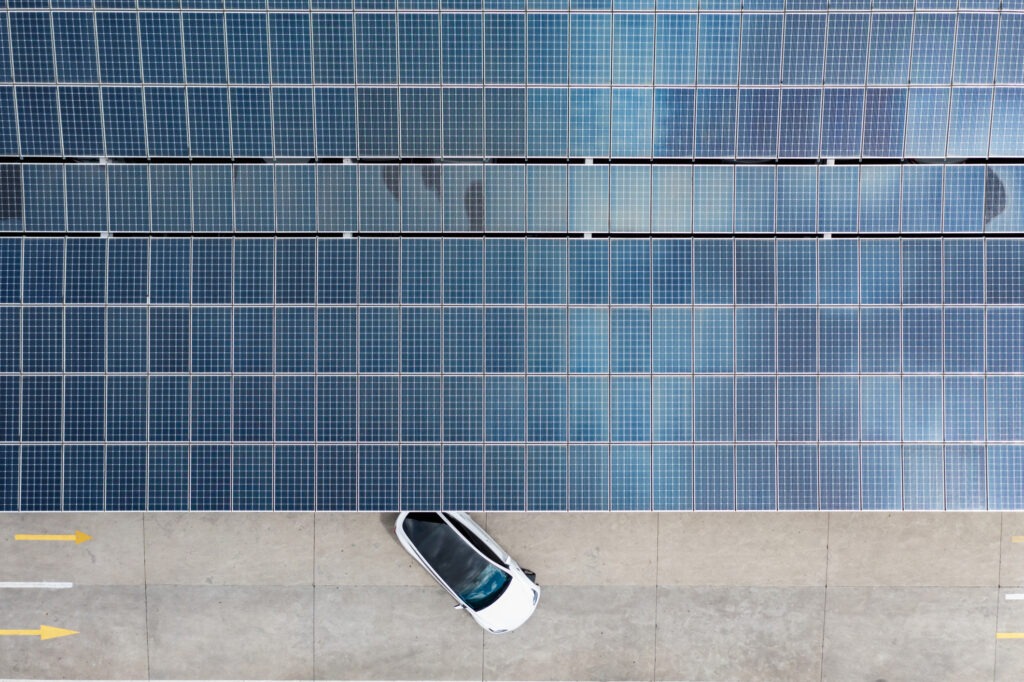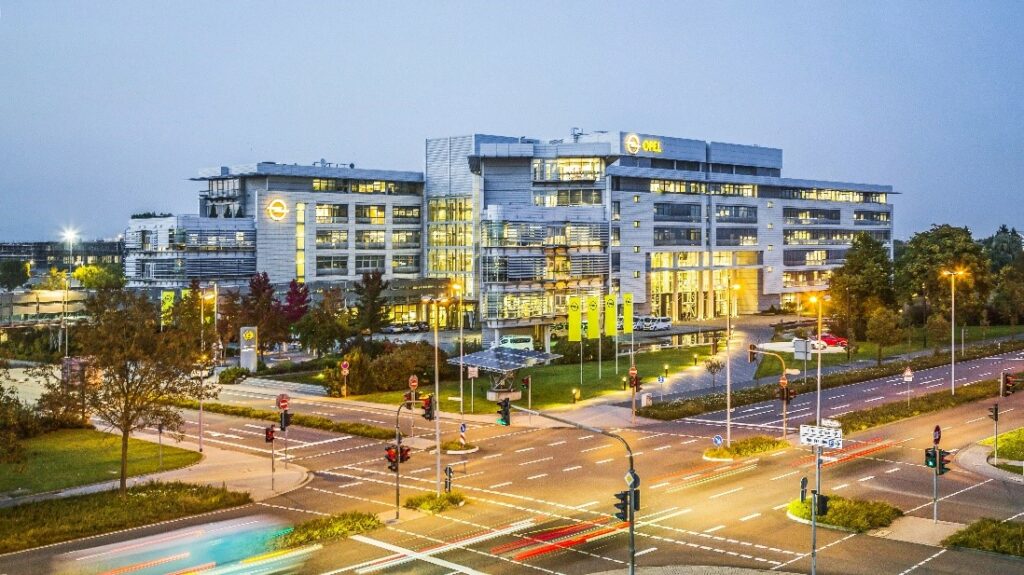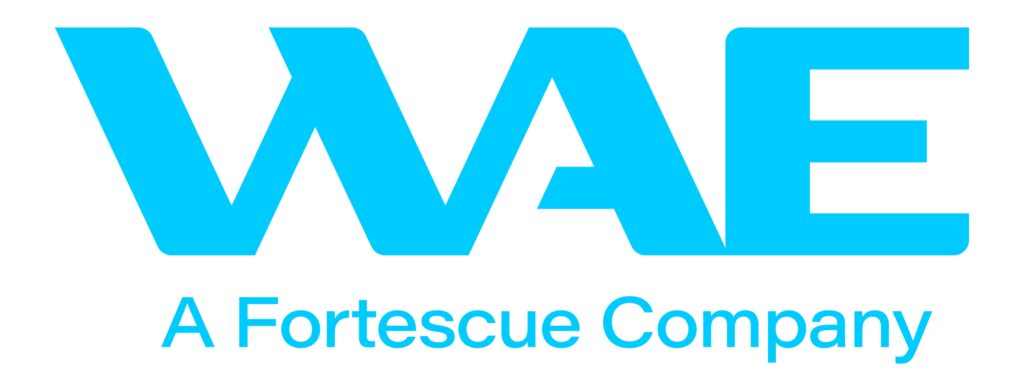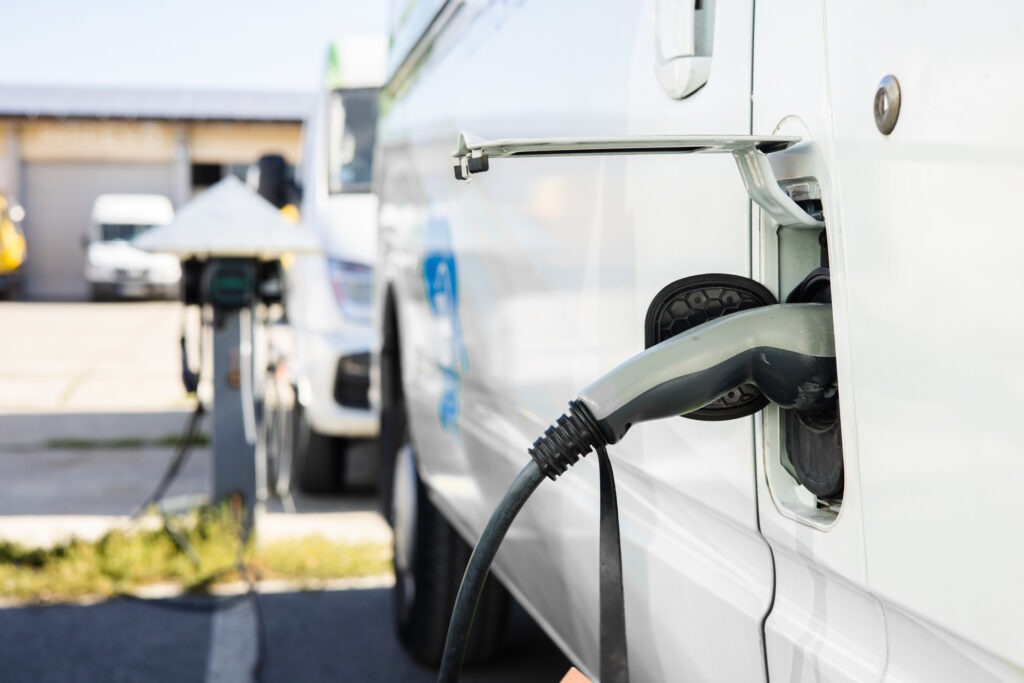Carmakers switch to renewable energy amid power crisis
18 January 2023

The EU faces a possible shortfall of almost 30 billion cubic metres of natural gas in 2023, with geopolitical tensions highlighting the need to shift to cleaner renewable energy resources.
The war in Ukraine has forced governments to implement efficiency measures, mainly to ration energy supplies and move away from Russian gas. Coupled with supply-chain disruptions, these developments have heavily affected the automotive industry, leading to potential production losses.
The European Automobile Manufacturers’ Association (ACEA) said that quarterly light-vehicle production in Europe in 2023 was initially projected to be between 4 and 4.5 million units. But ‘with potential restrictions due to energy rationing, output could be reduced to 2.75 to 3 million units per quarter,’ ACEA warned.
While carmakers and suppliers are adopting short-term actions to cope with energy shortages, such as exploring locations to add solar panels, in the medium and long term they are aiming to switch from gas to electricity and renewable energy.
ACEA has seen clear action from its members in this regard, with automotive companies planning to invest in solar, geothermal, and wind power to reduce dependence on natural gas. Industry players are also planning to increase investments to produce energy as rising costs continue to put a strain on manufacturing.
Geothermal energy
The automotive world has seen a recent example of geothermal energy adoption. In a timely announcement, car giant Stellantis grabbed headlines with its plans to source energy from a geothermal project in Germany.
The carmaker signed an agreement with raw material supplier Vulcan Energy Resources, which is better known for its plans to deliver ‘green’ and locally sourced lithium to major carmakers in the region. The novel deal with Vulcan Energy marks a first for Stellantis as it is looking to use local and renewable geothermal energy to supply an industrial site.
‘This partnership with Vulcan reinforces our commitment to promoting greater clean energy solutions across our enterprise,’ said Stellantis CEO Carlos Tavares.
The two companies are following a common pursuit to decarbonise industry operations. The goal of their most recent undertaking is to develop geothermal renewable energy assets that use ground-source heat. This could help decarbonise Stellantis’ energy supply in Rüsselsheim, Germany, where the carmaker produces the DS 4 and Opel Astra.
Stellantis said the geothermal project could deliver a ‘significant portion’ of the site’s annual energy needs from 2025 onwards. The companies are not only hoping to produce and supply clean power to the grid for internal use, but also for external consumption.

Vulcan will carry out a pre-feasibility study for the construction of geothermal assets. Stellantis aims to source funding for 50% of the project’s development. The duo will also seek public funding opportunities to advance the project.
Decarbonisation projects
Stellantis is one of Vulcan’s main shareholders and largest lithium customer. The automotive manufacturer is pursuing bold electrification goals and deepened its partnership with Vulcan last year by taking an 8% stake in the clean-tech firm.
‘Vulcan’s core mission is decarbonisation, through renewable energy and carbon neutral, zero fossil fuels lithium supply,’ said Vulcan managing director and CEO Francis Wedin.
‘While we remain focused on our geothermal-lithium developments in the centre of the Upper Rhine Valley Brine Field, this project is a complementary opportunity to expand our development pipeline to some of the outer lying areas in the Upper Rhine Valley, supported by industrial partners like Stellantis,’ he added.
There are 42 geothermal energy plants operating in Germany, with the Upper Rhine Valley well-known for geothermal projects. As an energy source, geothermal energy remains largely untapped although it is garnering more attention since it can provide climate-neutral energy in the long term.
Outside of Germany, carmakers are also planning to make use of this form of renewable heat. In neighbouring France, Renault has formed a long-term partnership with provider Engie to develop a geothermal energy project at its Douai plant.
Renault described it as the first deep geothermal project on a European industrial site when it made the announcement towards the end of last year. The carmaker hopes the project will supply the plant with carbon-free heat, which could replace 70% of its gas needs from local and renewable sources.
The project will kick-start this year, with drilling works at the Douai plant due to begin at the end of 2023. The aim is to draw hot water with a temperature of 130 degrees to 140 degrees at a depth of 4,000 metres to supply power to Douai from 2025. Renault said that the geothermal water would be returned to its environment and once in use, the technology could provide continuous power of nearly 40MW.
Renewable options
Geothermal energy sounds promising, but carmakers are also betting on other forms of renewable energy. Wind and solar farm projects are proving to be popular options. Ford Europe has just announced that it would build a new solar power plant in Spain.
‘Now, more than ever, we all realise the need to use renewable energy sources,’ said Stuart Southgate, director of sustainable, environmental and safety engineering at Ford Europe.
German premium manufacturer Mercedes-Benz also declared plans to build a wind farm in Northern Germany. This project could cover more than 15% of the group’s electricity needs in the country, generating around 100MW from the middle of the decade.
While vehicle manufacturers have been investing in renewable energy for years, Europe’s energy crisis has further propelled interest in green power technologies. Without a doubt, the automotive industry will hear of more clean energy projects from carmakers this year.



